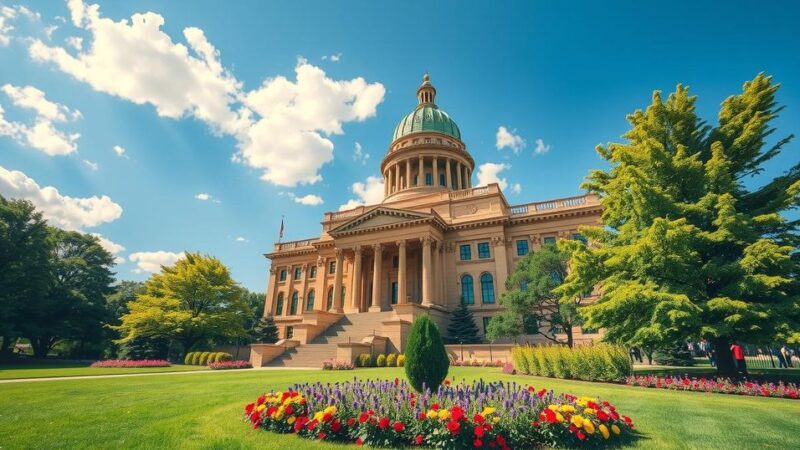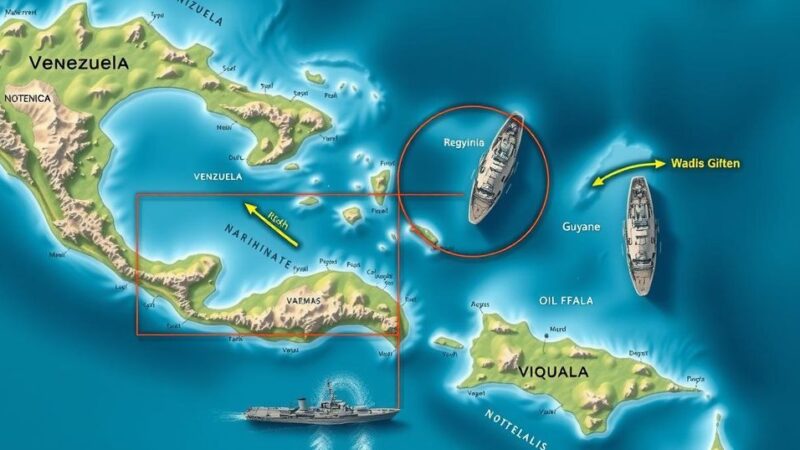The M23 rebel group, now led by Corneille Nangaa, is undergoing a crucial transformation, aiming to redefine itself as a Congolese nationalist entity. This evolution comes in response to regional dynamics and seeks to broaden its support base while continuing to confront the Congolese government amid ongoing disputes and military support from Rwanda.
The M23 rebel group, which has recently taken control of Goma, the largest city in eastern Congo, has selected a new leader. Corneille Nangaa, previously the head of Congo’s electoral commission and a controversial political figure, took the spotlight instead of the group’s longstanding military leader, Sultani Makenga. This marks a decisive shift for the M23, aiming to rebrand itself as a Congolese nationalist entity while still receiving military support from Rwanda.
Nangaa, who is not of Tutsi ethnicity, has articulated an agenda to push all the way to Kinshasa, asserting a nationalistic identity for the M23. As the former electoral commission chair, he was sanctioned by both the U.S. and U.N. for meddling in the country’s electoral integrity. His exit from Congolese politics stemmed from disputes that resonated with feelings of being wronged by the government, prompting his radicalization.
The collaboration between M23 and Nangaa’s Congo River Alliance has strengthened their capacity against Congolese authorities, underscoring a shift from previous partisan goals to broader national interests. This alignment also reflects a strategy from Rwanda to bolster a Congolese face for the M23, providing leverage over the Congolese state while fostering local alliances across armed groups in eastern Congo.
Despite earlier setbacks, M23 appears more formidable today, moving beyond ethnic grievances to address wider issues surrounding autonomy and governance. The group, now led by Nangaa, seeks to establish a new civilian administration in Goma, asserting its intentions to remain a significant force in Congolese politics. The shift in leadership aims to reshape M23’s identity to resonate with broader segments of the Congolese population unaligned with Tutsi interests.
The implications of Nangaa’s leadership extend further than tactical advantages, as their mineral-rich territory remains a point of contention. The M23 is strategically positioned to leverage this wealth while presenting itself as an entity committed to local governance and the return of displaced persons. As Nangaa stated, their mission is clear: “We are here in Goma to stay as Congolese.”
The M23 rebel group has undergone a significant transformation with the appointment of Corneille Nangaa, who seeks to recast the organization from primarily ethnic Tutsi origins to a broader nationalistic agenda. This shift aligns with the group’s strategy to gain local support and territorial claims while maintaining strategic military backing from Rwanda, thereby reshaping its role in Congolese politics and asserting influence over local governance issues.
Original Source: apnews.com






